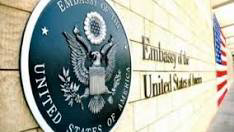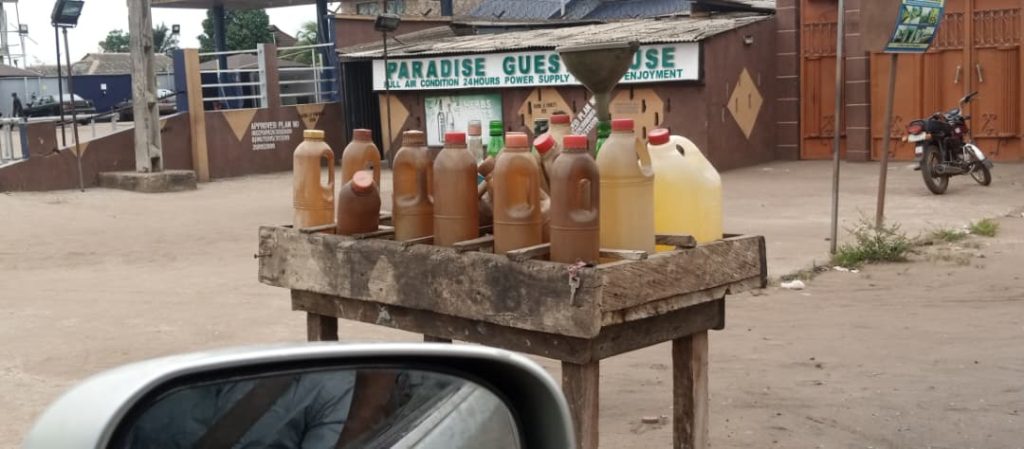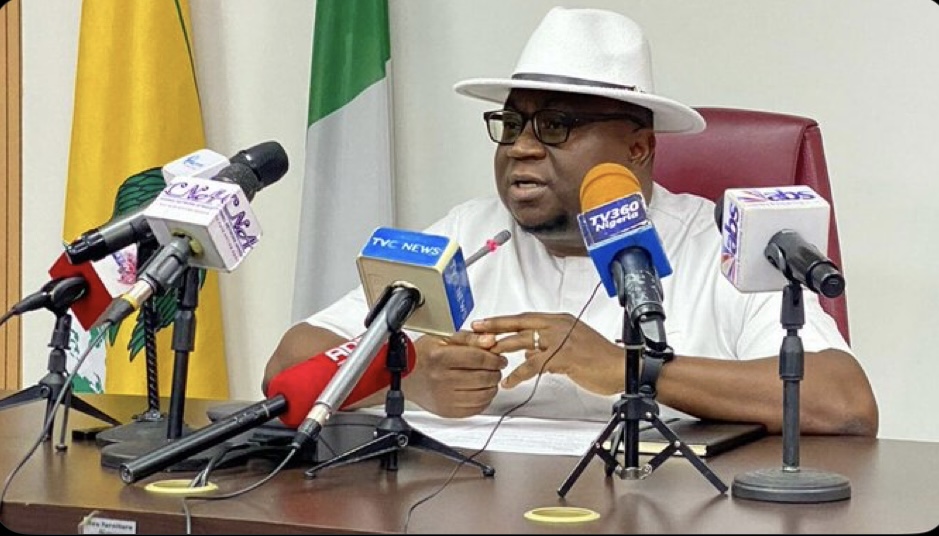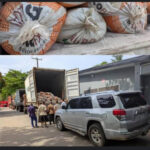Benin Republic Extends Border Clampdown to Lagos Over Suspected Arms Smuggling, Terror Threats
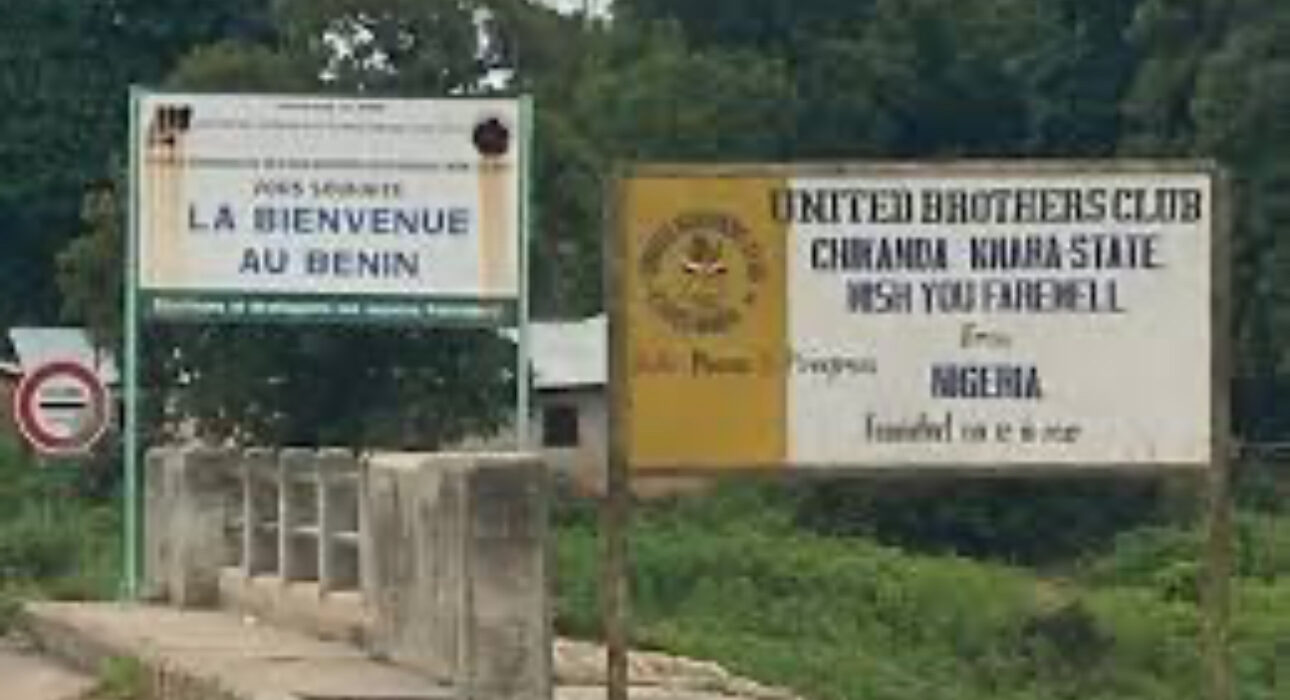
The Republic of Benin has extended its ongoing border clampdown to areas bordering Lagos State, Nigeria, following intelligence reports linking these regions to illegal arms smuggling and potential terror threats.
The expanded security measures, initiated on Tuesday, May 7, 2025, are part of a broader crackdown aimed at curbing the activities of a newly identified militant group known as “Mahmuda,” which has reportedly been involved in recent attacks and arms trafficking along the Nigeria-Benin border.
The clampdown, which initially targeted border crossings between Taberu in Nigeria’s Baruten Local Government Area of Kwara State and Tanu in Benin Republic, has now been extended to cover strategic routes leading into Lagos, Nigeria’s commercial hub. This move reflects the heightened security concerns among Beninese officials, who are determined to prevent the infiltration of weapons and militant elements into the region.
According to security sources, the Mahmuda group is believed to be actively involved in arms smuggling and has been linked to a series of violent incidents in border communities. This has raised fears of potential terror attacks, prompting both Nigerian and Beninese authorities to tighten border controls and enhance intelligence-sharing efforts.
The extended border clampdown has led to significant disruptions in cross-border trade, affecting local economies that rely heavily on the free movement of goods and people. Traders and transporters in both countries have reported increased delays and heightened security checks, adding to the economic strain in the region.
Despite the economic impact, officials in both countries have emphasized that the restrictions are necessary to safeguard national security and prevent further violence.
In response to the growing security threat, Nigerian and Beninese security agencies are reportedly working closely to monitor border regions for signs of militant activity and illegal arms movements. The two governments have also ramped up surveillance efforts, deploying additional security personnel and technological resources to critical border points.
As the situation remains fluid, it is unclear when the border restrictions will be lifted. Both governments are expected to continue their coordinated efforts to dismantle the Mahmuda group and address the broader security challenges facing the region.
The ongoing crackdown underscores the complex security dynamics in West Africa, where porous borders and limited law enforcement resources often complicate efforts to combat organized crime and insurgency.


